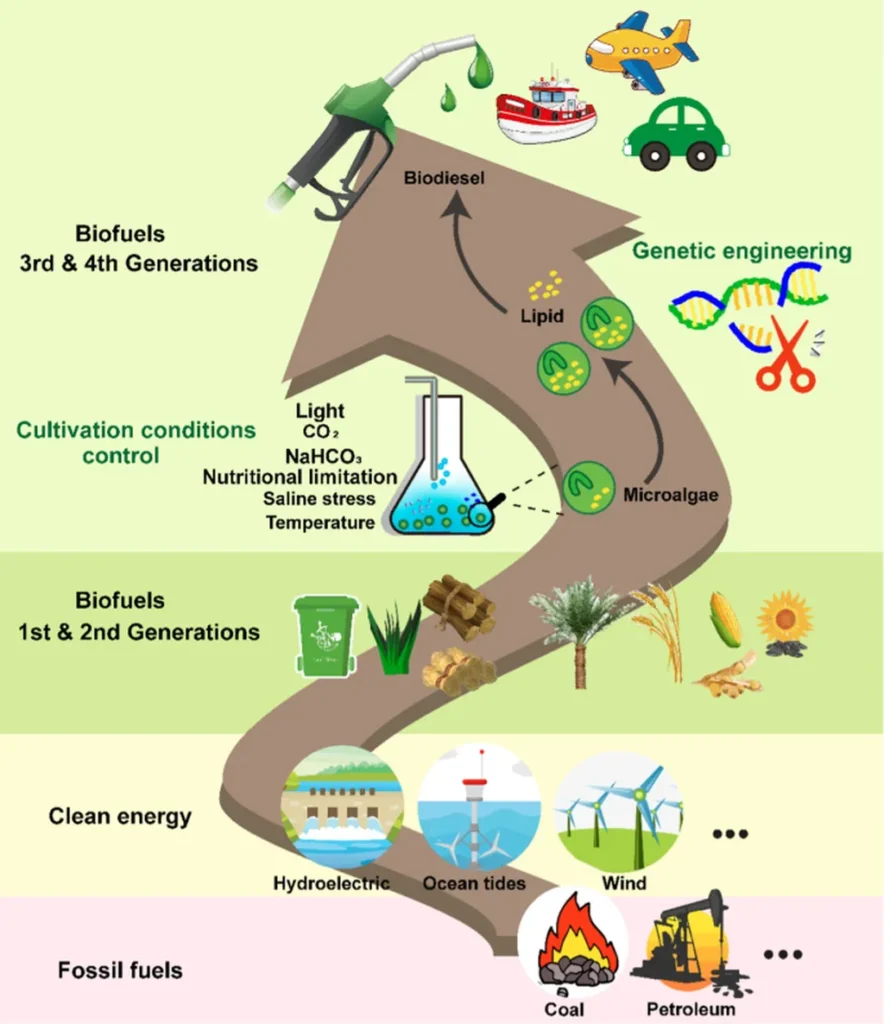In the heart of Brazil, where the sun blazes and the land is rich with resources, a significant stride has been made in the realm of bioenergy. Researchers, led by Wagner Patrício de Sousa Junior from the Federal Institute of Northern Minas Gerais (IFNMG), have published a study in the journal “Wood Science and Technology” that could reshape how we think about energy generation from biomass. The focus? The energy potential of new Corymbia and Eucalyptus clones for thermal and electrical energy cogeneration systems.
The study, a beacon of innovation, delves into the heart of Brazil’s burgeoning bioenergy sector. As the world increasingly turns to renewable energy sources, Brazil, with its vast agroforestry resources, is poised to play a pivotal role. The research, conducted by Sousa Junior and his team, is a testament to the country’s commitment to harnessing its natural resources for sustainable energy generation.
The team analyzed 16 genotypes of Corymbia spp., Eucalyptus spp., and their hybrids, evaluating properties such as basic and energy densities, elemental chemical composition, and heating values. The goal was to identify clones that could meet the demands of bioenergy projects, ensuring a steady supply of high-quality wood.
The results were promising. Among the Eucalyptus genus, clone 2 Eucalyptus cloeziana, commonly known as gympie messmate, stood out for its excellent basic and energy densities, and useful heating value. However, the real star of the show was clone 4, a Corymbia hybrid that outperformed all other genetic materials. “Clone 4 exhibited the best performance in providing quality wood to meet the needs of bioenergy projects,” Sousa Junior explained. “Its high basic and energy densities, available energy, and useful heating value, coupled with the best results in the combined analysis of average annual increase and wood dry weight increase, make it an ideal candidate for thermal and electrical energy cogeneration systems.”
The implications of this research are far-reaching. As the world grapples with climate change and the need for sustainable energy sources, Brazil’s bioenergy sector is poised for growth. The development and selection of new genotypes, as demonstrated in this study, could ensure a steady supply of high-quality wood, driving the expansion of cogeneration systems and enhancing energy efficiency.
Moreover, the study’s findings could pave the way for similar research in other regions, fostering a global exchange of knowledge and resources. As Sousa Junior put it, “This research is not just about Brazil. It’s about the world. It’s about finding sustainable solutions that can be replicated and scaled up to meet the energy demands of a growing population.”
In the quest for sustainable energy, every discovery counts. And in the heart of Brazil, a significant stride has been made. The research led by Sousa Junior is a testament to the power of innovation and the promise of a sustainable future. As the world watches, Brazil is set to lead the way in bioenergy, one clone at a time.

